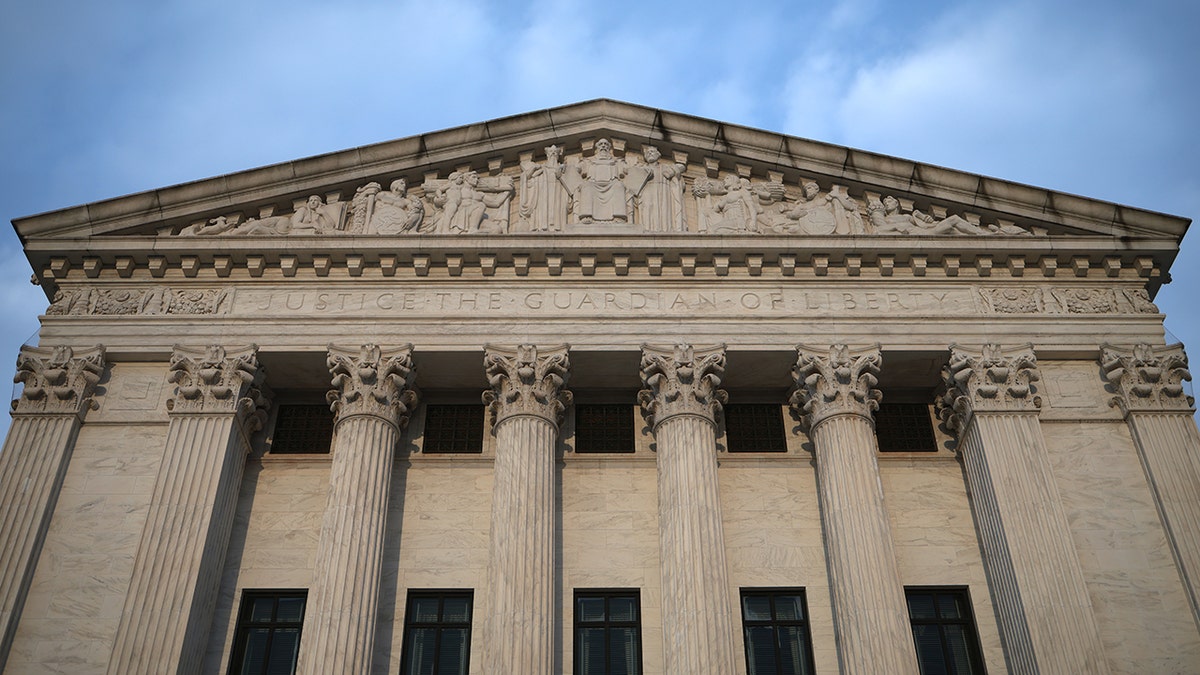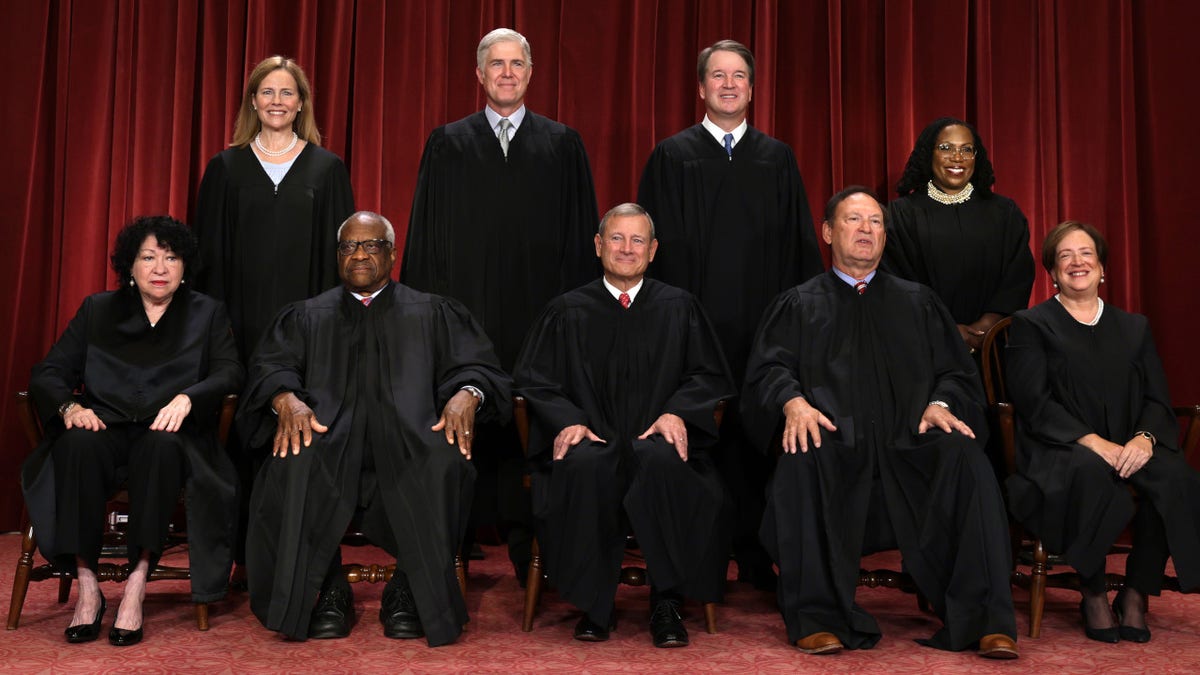Fox News Flash top headlines for June 5
Fox News Flash top headlines are here. Check out what's clicking on Foxnews.com.
The Supreme Court on Thursday sided with a Wisconsin-based Catholic charity group in a case centered on unemployment tax credits for religious institutions – delivering a victory for faith-based institutions, who argued that the state's decision had violated the religious clauses under the First Amendment.
In a unanimous opinion, the justices agreed that the state had engaged in an "unnecessary entanglement" in attempting to define whether religious groups should be entitled to an otherwise-available tax exemption based on the state’s criteria for religious behavior.
"When the government distinguishes among religions based on theological differences in their provision of services, it imposes a denominational preference that must satisfy the highest level of judicial scrutiny," Justice Sonia Sotomayor said, writing for the majority.

The U.S. Supreme Court is shown on March 17, 2025 in Washington, D.C. (Win McNamee/Getty Images)
"Because Wisconsin has transgressed that principle without the tailoring necessary to survive such scrutiny, the judgment of the Wisconsin Supreme Court is reversed, and the case is remanded for further proceedings not inconsistent with this opinion."
The decision could clear the way for more states to broaden their tax-exempt status for religious organizations, with ripple effects that could stretch far beyond Wisconsin.

Supreme Court Chief Justice John Roberts and Supreme Court Associate Justice Sonia Sotomayor look on prior to then-President Joe Biden's State of the Union address in the House Chamber of the U.S. Capitol in Washington, D.C., on Mar. 7, 2024. (MANDEL NGAN/AFP via Getty Images)
The Catholic Charities Bureau asked the Supreme Court to review a lower court ruling that had required them to pay Wisconsin's unemployment tax, after the state determined the group's activities were "primarily charitable and secular," and therefore not subject to the exemptions.
Lawyers for the Catholic Charities Bureau argued the ruling was an unconstitutional violation of religious freedoms and amounted to viewpoint-based discrimination, and argued that "gospel values and the moral teaching of the church."
SUPREME COURT RULES UNANIMOUSLY IN FAVOR OF STRAIGHT OHIO WOMAN WHO CLAIMED DISCRIMINATION

The U.S. Supreme Court justices pose for their official portrait on Oct. 7, 2022 in Washington, D.C. (Alex Wong/Getty Images)
The Wisconsin Supreme Court ruled that the group must pay the tax since the nature of their work was primarily secular, since it was not "operated primarily for religious purposes," and serves and employs non-Catholics.
CLICK HERE TO GET THE FOX NEWS APP
"There may be hard calls to make in policing that rule, but this is not one," Sotomayor said on Thursday. "When the government distinguishes among religions based on theological differences in their provision of services, it imposes a denominational preference that must satisfy the highest level of judicial scrutiny."
The decision comes as the Supreme Court's conservative majority has, in recent years, ruled in favor of religious institutions, including in cases like this one, which center on allowing taxpayer funds to be allocated to some religious organizations to provide "non-sectarian services."















































